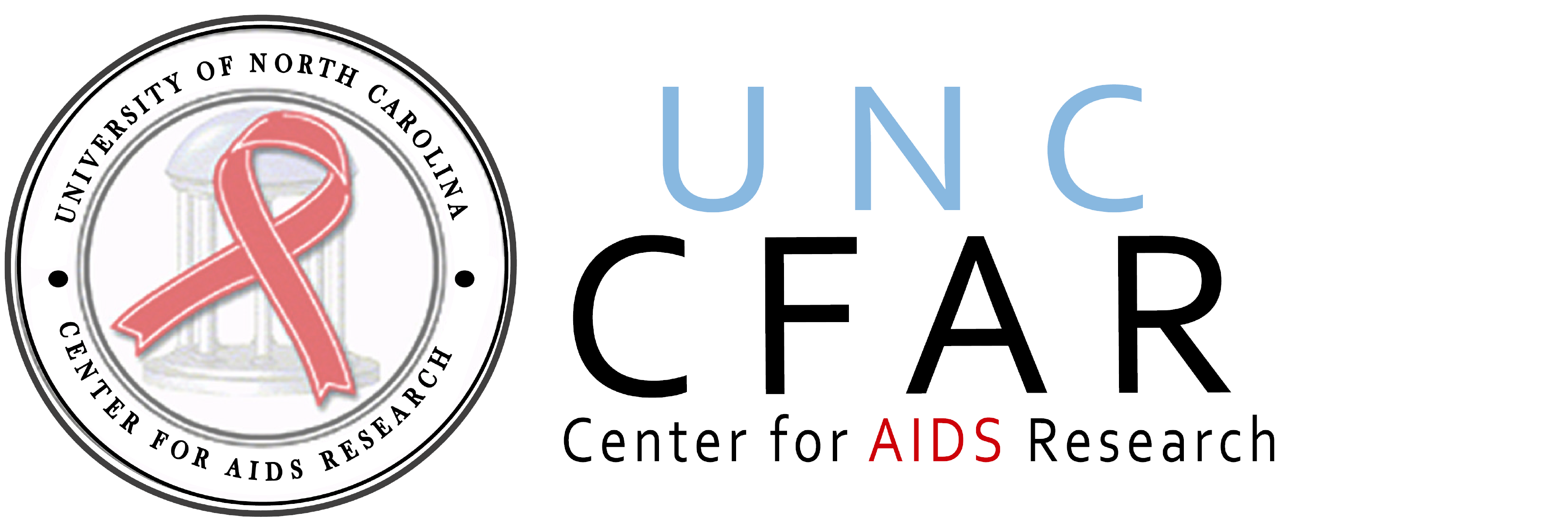Bioethics Office
The Ethics Program
At UNC CFAR, our HIV researchers and associated faculty possess deep expertise in addressing the unique ethical challenges associated with HIV Research, Care, and Prevention. The Ethics Program at UNC CFAR is a collaborative effort, independently standing within our Administrative Core and equipped with a broad mandate to lead initiatives across four key areas:
- Research: We conduct both empirical and conceptual research focused on ethical challenges related to HIV treatment, prevention, and cure
- Service: We offer ethical consultation services for CFAR investigators and provide support with IRB issues
- Awareness: We raise the profile of ethical issues in efforts to curb HIV through talks, guest speakers, and social media
- Collaboration: We foster domestic and global partnerships with institutions and organizations engaged in HIV research and its ethical implications
Collaborative Partnerships
Our program thrives through strategic collaborations with two prominent initiatives at UNC. The NC TraCS Institute’s Ethics Core, focuses on ethical considerations across all types of translational biomedical research. This partnership enriches our program with educational activities and outreach resources.
The UNC’s Bioethics Center, enhances our capacity for empirical research and policy analysis. This supports research collaborations and expertise in ethics research grant writing and research design. The UNC Bioethics Center is well-positioned to explore a wide range of ethical issues raised by HIV/AIDS in clinical, public health, and research settings.
Global Reach
UNC CFAR’s research community and activities are defined by innovative and sustained engagement with domestic and global networks of partners in high HIV prevalence areas in the US and countries in Africa, Asia, and Latin America. These individual, community, and institutional partnerships are the loci for developing cutting-edge, translational research addressing HIV prevention, treatment, and cure. Our researchers are actively engaged in PreP trials, test and treatment approaches, and the use of cash incentives for HIV prevention. Within these initiatives, a broad set of ethical and relationship-based dilemmas may arise and must be addressed.
The CFAR ethics program is deeply engaged in research on these important challenges. Our UNC investigators, Dr. Rennie and Dr. Joseph Tucker (Director of UNC-China), led an interdisciplinary, multisite NIH-funded project on the social and ethical implications of HIV cure research (searcHIV). Our CFAR supported the Brocher Foundation conference on Unintended and Intended Implications of HIV Cure: A Social and Ethical Analysis in Switzerland, organized by Dr. Rennie and Dr. Tucker. In collaboration with the Pacific Institute of Research and Evaluation (PIRE) in Chapel Hill, Dr. Rennie is helping to investigate approaches to the responsible conduct of research with pregnant adolescents living with HIV in Kenya. Dr. Rennie is also a member of the HIV Prevention Trials Network (HPTN) Ethics Working , whose members are integrated into HPTN’s clinical research trial teams. Profs. Henderson and Rennie are also currently involved in developing decision aids for HIV cure trials involving analytic treatment interruptions in collaboration with Research Triangle Institute (RTI).
Ethical Guidance for Research
In response to the evolving landscape in translational HIV research and increased attention in the professional literature to relevant ethical issues we developed revised ethics guidance documents. These issues are outlined in the June 2009 revision of HIV Prevention Trials Network Ethics Guidance for Research, prepared by Dr. Rennie and Professor Jeremy Sugarman (Johns Hopkins University). This document summarizes developments and the corresponding ethical issues in different stages of research, from pre-research preparations to implemental of protocols to activities after data collection is completed.
The Ethics Program draws upon the experience and expertise of CFAR investigators, the CAB, and CFAR Core leaders in the Clinical and Social and Behavioral Cores and other Cores. Our Ethics Program supports the development of independently funded research and policy initiatives that address emerging ethical issues across all the CFAR programs, serving the broader HIV research community.


